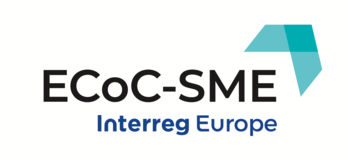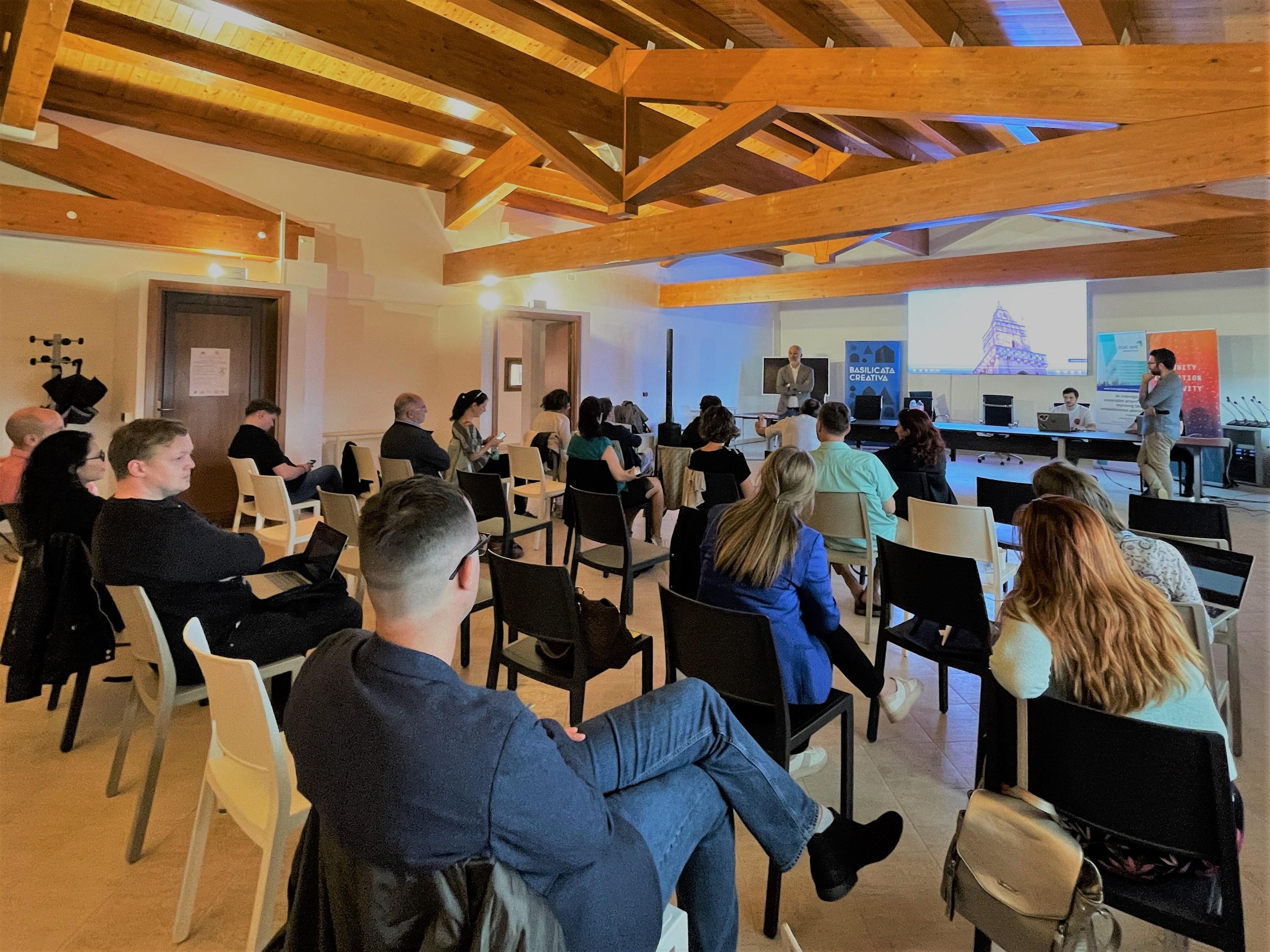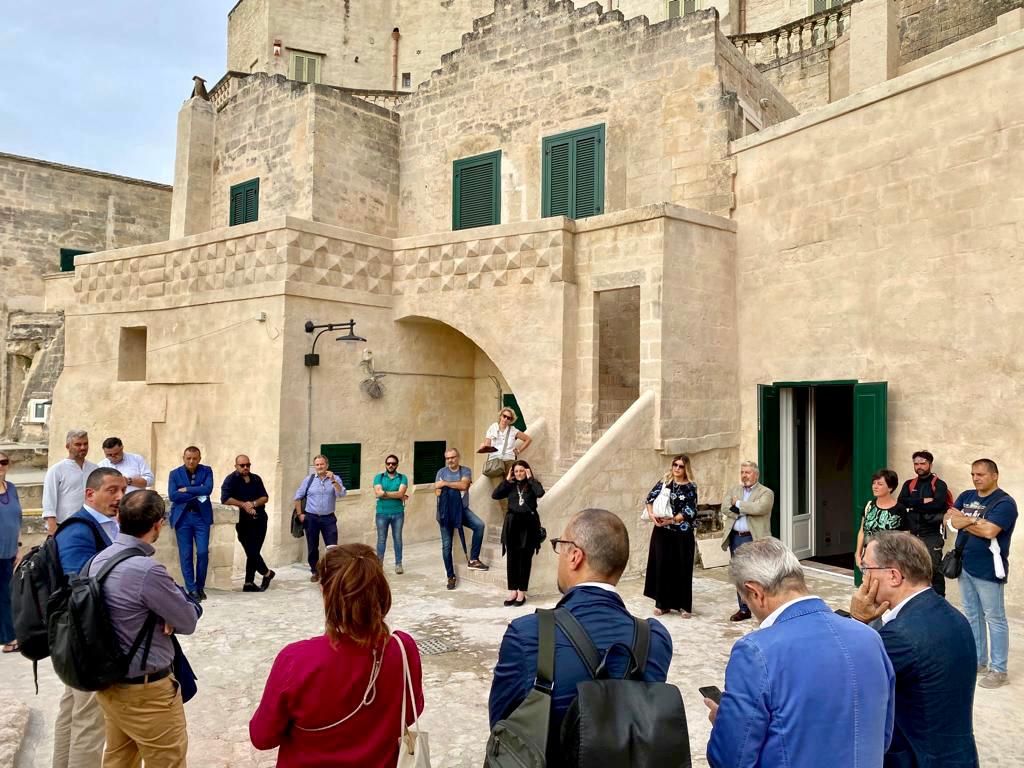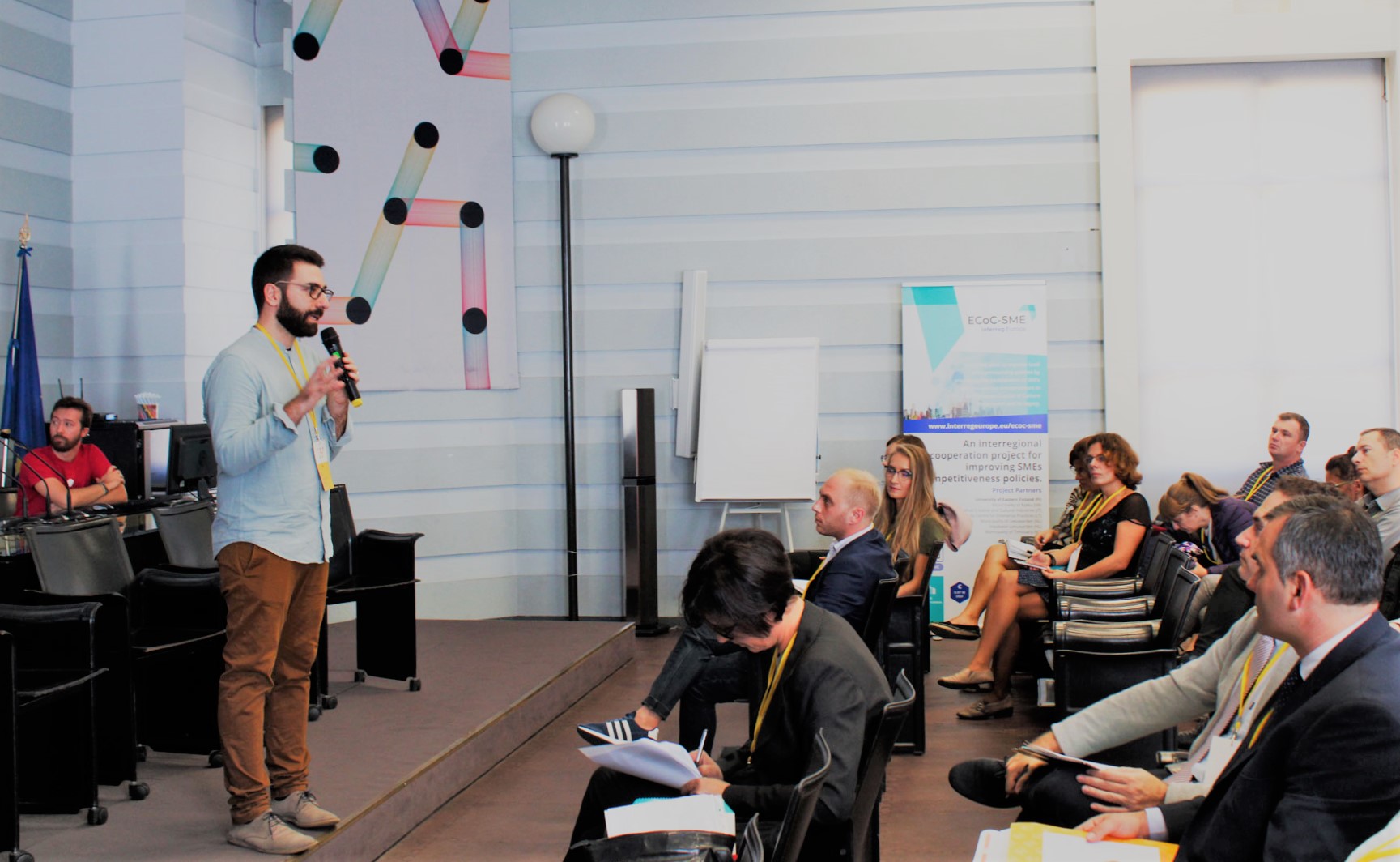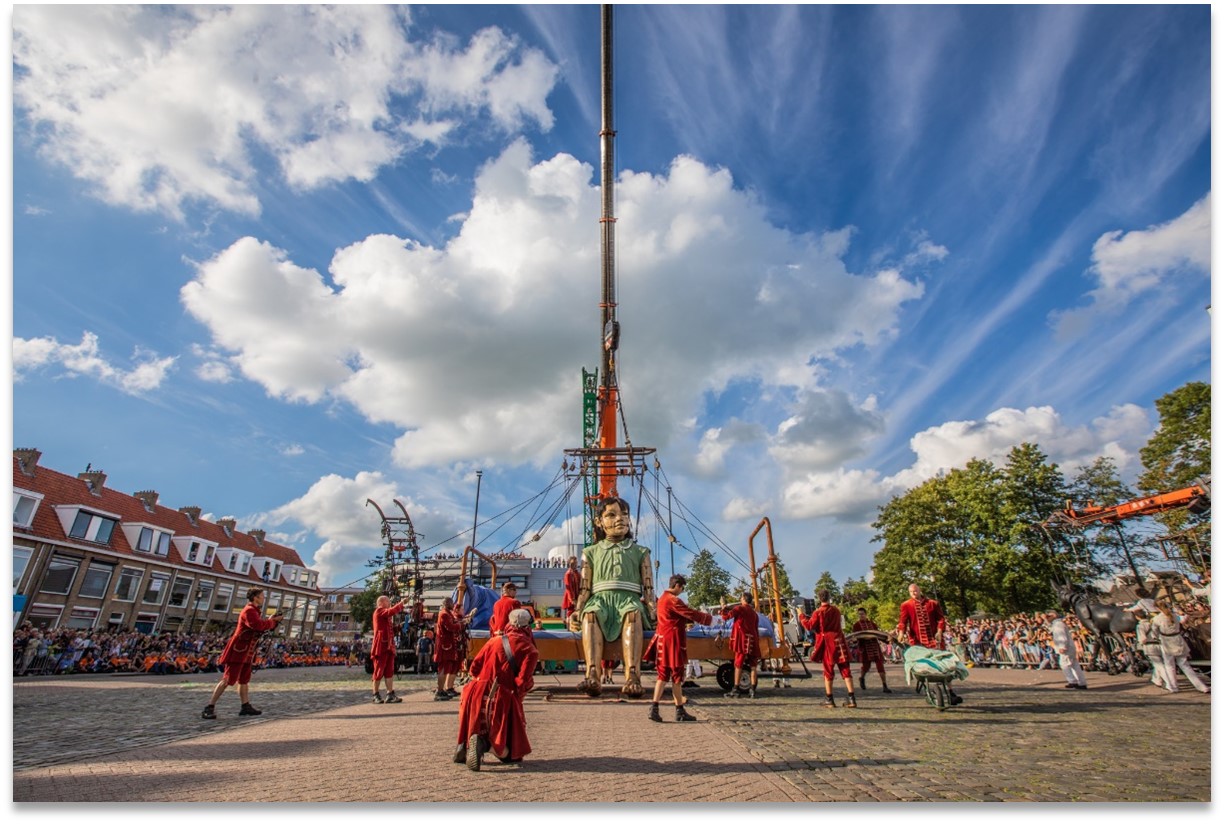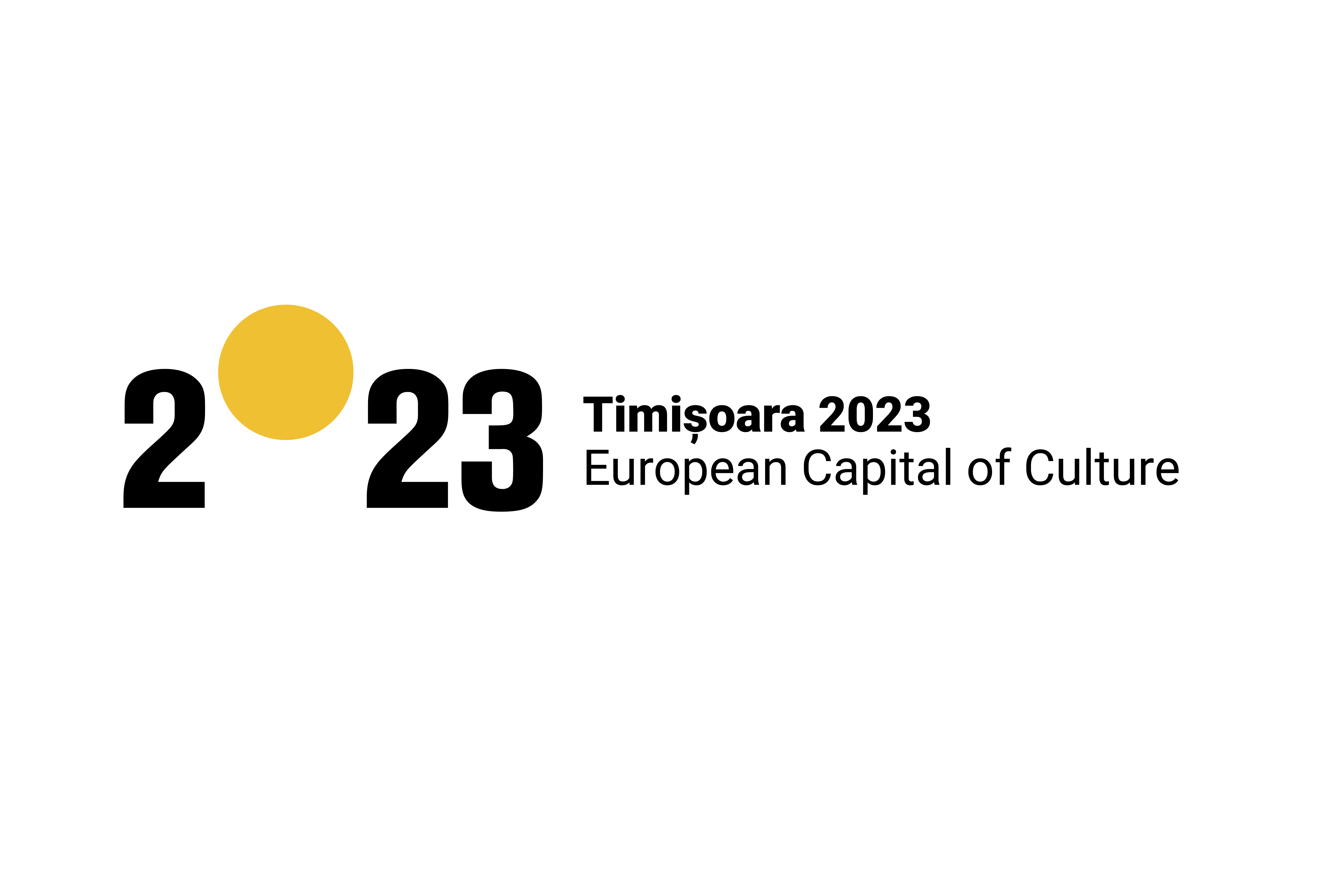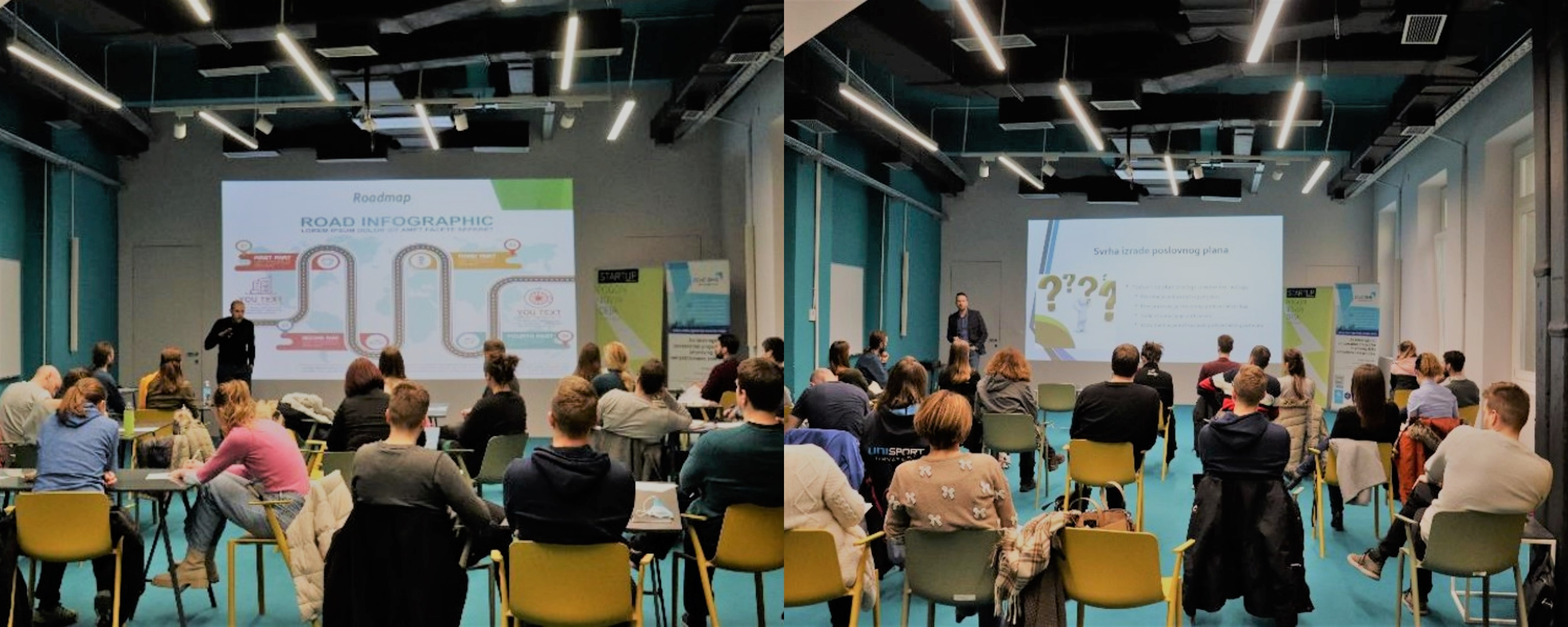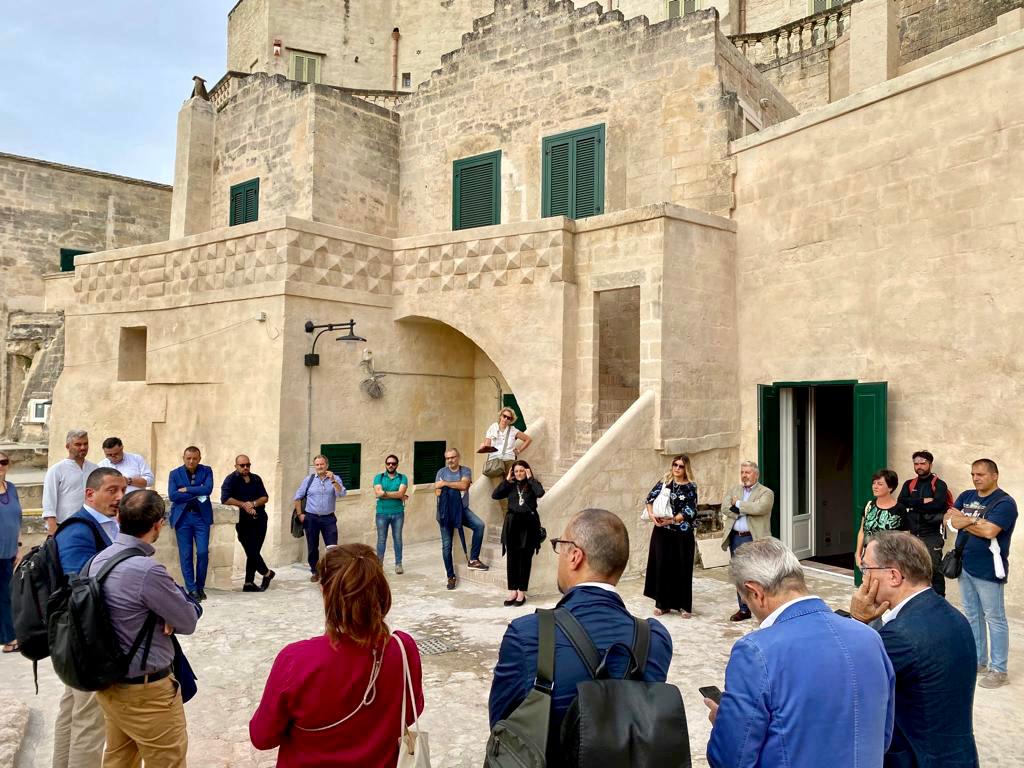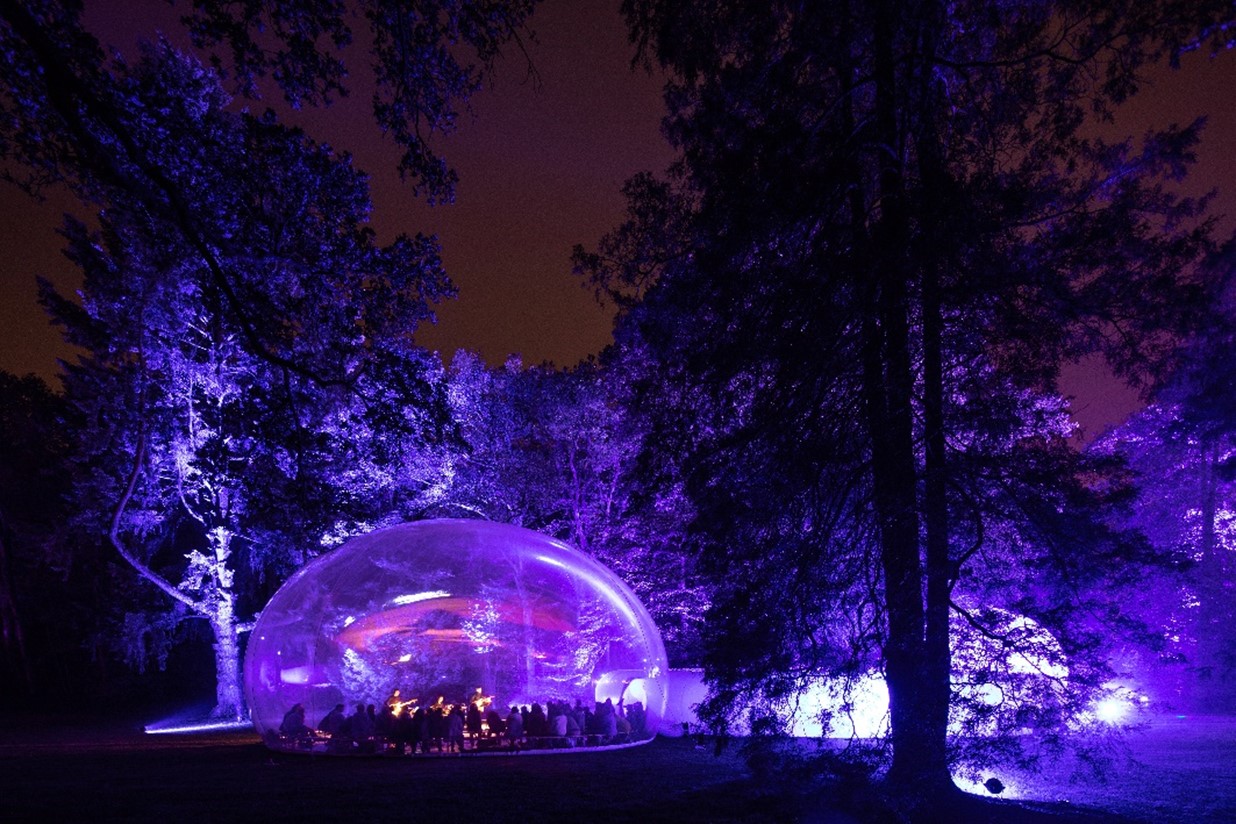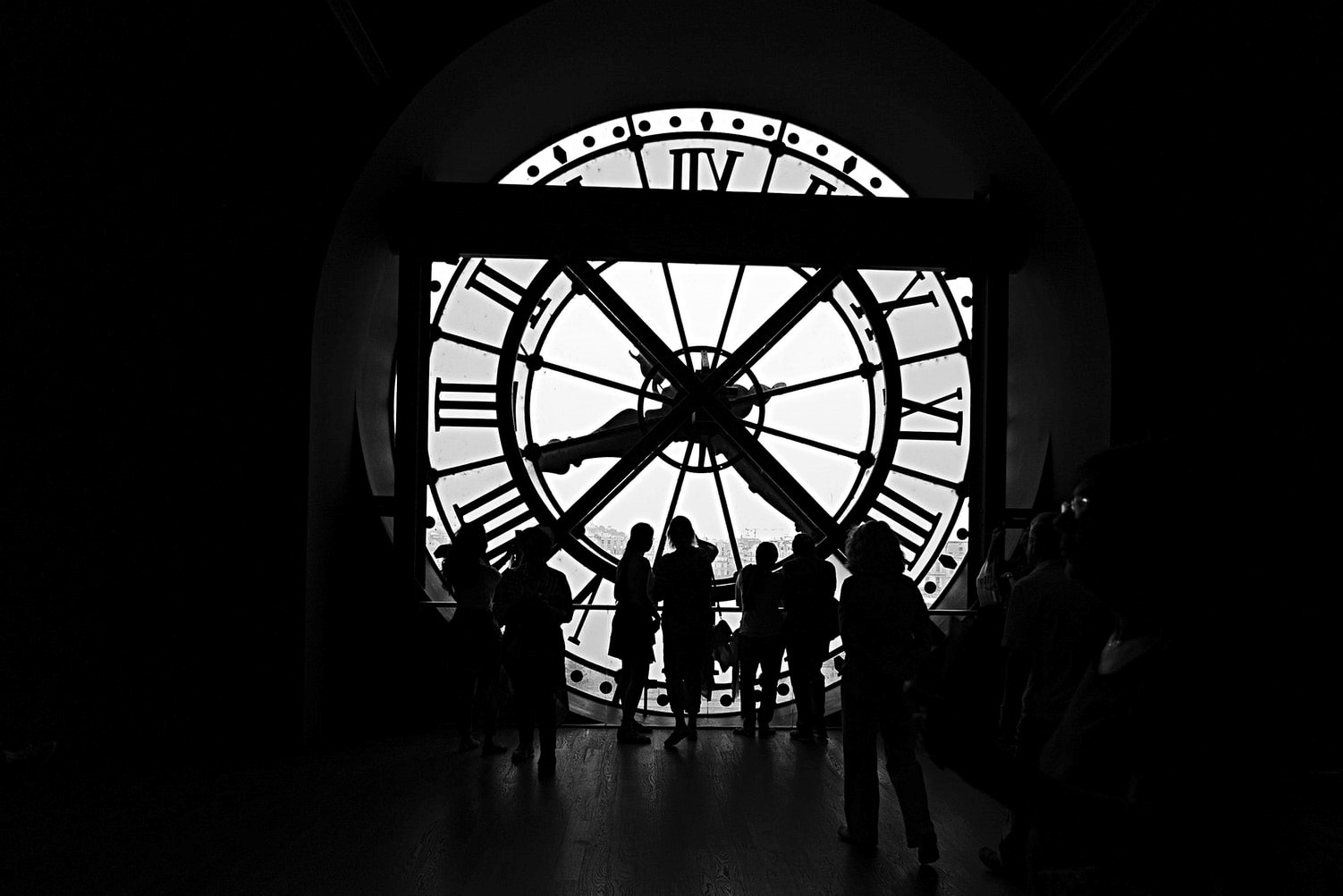In Matera, Italy, we met second time as the ECoC-SME partnership and spent three days with fruitful exchanges and joint learning.
From the 22nd to the 24th October, ECoC-SME partners gathered in the wonderful city of Matera. Our colleagues at MateraHub had arranged all what was needed for a productive workshop and a very interesting study-visit programme, which was topped by exceptionally pleasant weather for days at the end of October.
Stakeholder representatives from all five cities participating in the project joined the project partners in discussing opportunities and gaps that are specific to their contexts, especially regarding the promotion of youth entrepreneurship and engagement in the ECoC programme (the theme of the local learning labs that had taken place earlier this autumn). Participants could start elaborating ways to overcome difficulties and harness existing potentials, ideas that could be developed into concrete good practices. It was also an aim of the Matera workshop to prepare ourselves for the topics of the up-coming local learning labs. Participants discussed about ways to strengthen collaboration between the public, private and third sectors, as well as between the more traditional cultural institutions, knowledge actors and the creative industries -- and hence the need to use a broader, inclusive definition of culture in ECoC development. This was also linked to the idea that while planning and implementing the programme for the year, cities should think of ways to sustain a positive legacy.
 During the study tour, visiting the City Hall and meeting urban planner Dr Antonio Nicoletti, as well as talking with experts at the Matera2019 Foundation allowed us to learn more about the recent history of the town and its people, and how that had led its community and leadership to embrace the idea of ECoC. Project participants were also offered an insight into creative projects and initiatives – such as a thought-provoking exhibition titled ‘Architecture of Shame’, the ‘Silent City’ community opera, and the ‘Open Design School’ for enhancing resident engagement in innovative work in technology and culture – that were launched in the city and its regions involving diverse sectors and stakeholder groups, with good potential for continuation after 2019.
During the study tour, visiting the City Hall and meeting urban planner Dr Antonio Nicoletti, as well as talking with experts at the Matera2019 Foundation allowed us to learn more about the recent history of the town and its people, and how that had led its community and leadership to embrace the idea of ECoC. Project participants were also offered an insight into creative projects and initiatives – such as a thought-provoking exhibition titled ‘Architecture of Shame’, the ‘Silent City’ community opera, and the ‘Open Design School’ for enhancing resident engagement in innovative work in technology and culture – that were launched in the city and its regions involving diverse sectors and stakeholder groups, with good potential for continuation after 2019.
 All these exchanges gave the participants a lot of fuel for thought and inspiration to continue work back in their own regions in planning projects that will enhance local entrepreneurship and development in the framework of their ECoC ventures. (See more photos in the Library.)
All these exchanges gave the participants a lot of fuel for thought and inspiration to continue work back in their own regions in planning projects that will enhance local entrepreneurship and development in the framework of their ECoC ventures. (See more photos in the Library.)

